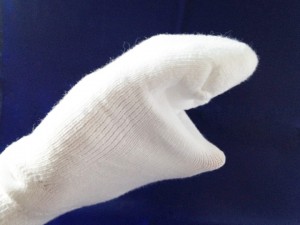
“Lennon, Mailer’s friend and authorized biographer, told me that McAlice, whom he described as having “Joycean gifts,” once took the bus to Provincetown to visit Mailer.” — Boston Globe
The flu normally lasts a week, sometimes two. But if that time comes and goes and you’re still miserable and showing symptoms, head to the doctor.” — Kansas First News
“If counting down the last minutes before the new year lying on the couch in a blissful food coma seems like your style, consider one of these celebratory meals.” — Sacramento Bee
The is our definite article: we use it to refer to a specific thing (i.e. a noun) whose identity is clear to everyone reading or listening because of logic, common assumption, or a clause that explains it. “Please take the chocolate biscuit.” “I don’t like the hat she’s wearing.” But curiously there are times when we use the and we’re not being specific, as in the press examples above. Why didn’t McAlice take a bus (since we have no idea which bus he actually took)? Shouldn’t the Kansas First News be directing us towards a doctor (surely we can’t all go to the same one)? How does the Sacramento Bee know which couch is our favorite?
We would say that we’re popping out to get a sandwich (because how would anyone know what bread or fillers we’re going to choose when we get to the counter to order? So an indefinite article is definitely in order here). But when I tell my friend I’m taking my cat to the vet, do I really expect them to know which vet I’ll be consulting? The answer is almost certainly no, so why do we use the in these instances?
As Fowler’s Modern English Usage explains, “[The] is frequently used in a non-specific way to mean ‘whichever one of its kind is or was convenient, open, etc.’: I go to the cinema once a year, he heard it on the radio, she took the train to London.”
OK, I’m off to make the sandwich. (And by that, I mean the one that will be most convenient to make using the contents of my fridge.) Have the good day.
* * *










